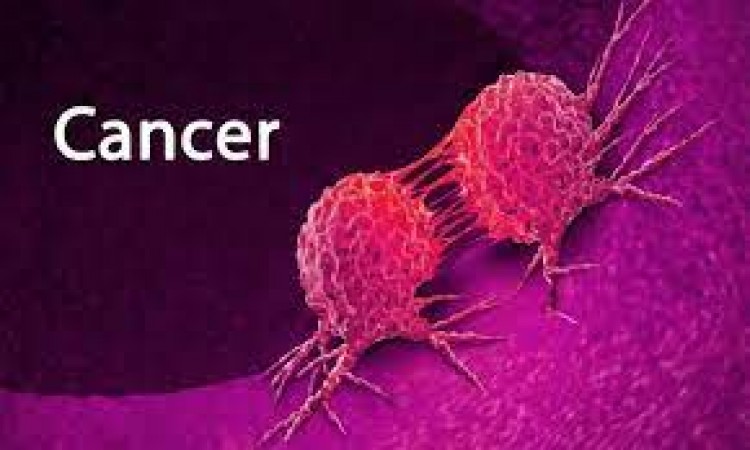
Cancer, a dreaded disease that has plagued humanity for centuries, is on the rise among young people worldwide, with India being no exception. A recent study in the UK claimed that cancer cases in individuals under 50 years of age have increased significantly in the past three decades, marking a 79% increase between 1990 and 2019. These findings are based on an analysis of data from 204 countries, using the Global Burden of Disease report from 2019, which covers 29 different types of cancer. The study's results reveal a concerning trend, highlighting the need for greater awareness and prevention efforts.
The Alarming Statistics
In 1990, there were approximately 1.82 million cancer cases in individuals under 50 years old globally. By 2019, this number had surged to 3.36 million, representing a staggering 79% increase. This indicates that in 2019, there were 3.26 million cancer patients under the age of 50. Such a substantial increase raises questions about the factors contributing to this alarming trend.
Shift in Cancer Types
The study published in BMJ (British Medical Journal) also shed light on the changing landscape of cancer types among young people. In 2019, breast cancer was the most common cancer among those under 50. However, between 1990 and 2019, nasopharyngeal (nose), tracheal (windpipe), and prostate cancers saw a rapid increase. Nasopharyngeal and prostate cancer cases increased by 2.28% and 2.23%, respectively, during this period. Interestingly, liver cancer cases decreased by 2.88%, a trend attributed to vaccination efforts.
Experts believe that increased diagnosis and testing play a significant role in the rising number of cancer cases among individuals under 50. They estimate that the incidence of cancer in this age group could increase by 31% by 2030. Based on reports from the past three decades, researchers suggest that there could be a 31% increase in new cancer cases and a 21% increase in related deaths worldwide. In the coming seven years, by 2030, individuals over the age of 40 may face the highest cancer risk.
Understanding the Causes
The surge in cancer cases among young people is attributed to various factors, including genetic predisposition. Genetic factors are particularly significant for individuals aged 14 to 49. Additionally, lifestyle choices, such as smoking, excessive alcohol consumption, processed food intake, lack of fruits and vegetables, inadequate dairy consumption, and tobacco use, have been identified as major contributors to cancer in young individuals. In 2022, India recorded nearly 1.46 million cancer cases, a number that could potentially rise to 1.57 million by 2025.
Dr. Praveen Garg, a surgical oncologist at Indraprastha Apollo Hospital in New Delhi, emphasizes the role of an unhealthy lifestyle in cancer risk. He states, "An unhealthy lifestyle is the biggest risk factor for cancer. Unhealthy habits, such as smoking, excessive alcohol consumption, processed food, and lack of physical activity, are linked to obesity, which is a significant cause of various cancers, including breast, colorectal, and pancreatic cancers."
He goes on to say, "To prevent cancer, individuals should consume a balanced diet rich in fruits, vegetables, whole grains, and lean protein. These foods provide essential nutrients and antioxidants that help the body fight against cancer by reducing inflammation and combating free radicals, both of which are linked to cancer development. Leading a healthy lifestyle is crucial in avoiding the rising risk associated with obesity, particularly in breast, colorectal, and several other cancer types."
The increasing prevalence of cancer among young people globally, including in India, is a concerning trend that demands immediate attention. Genetic factors, coupled with unhealthy lifestyle choices, such as smoking, alcohol consumption, and poor dietary habits, are contributing to the rise in cancer cases among individuals under 50. Prevention and early detection are crucial in addressing this issue and reducing the burden of cancer on society. Public health campaigns, education on healthy living, and access to cancer screening and treatment services are essential steps in combatting this growing epidemic among the youth. As we look ahead to 2030, it is imperative that efforts are intensified to reverse this alarming trend and protect the health of future generations.
Building Unshakable Self-Confidence: A Comprehensive Guide
G20 Adopts New Delhi Leaders' Declaration: A Human-Centric Approach to Globalization